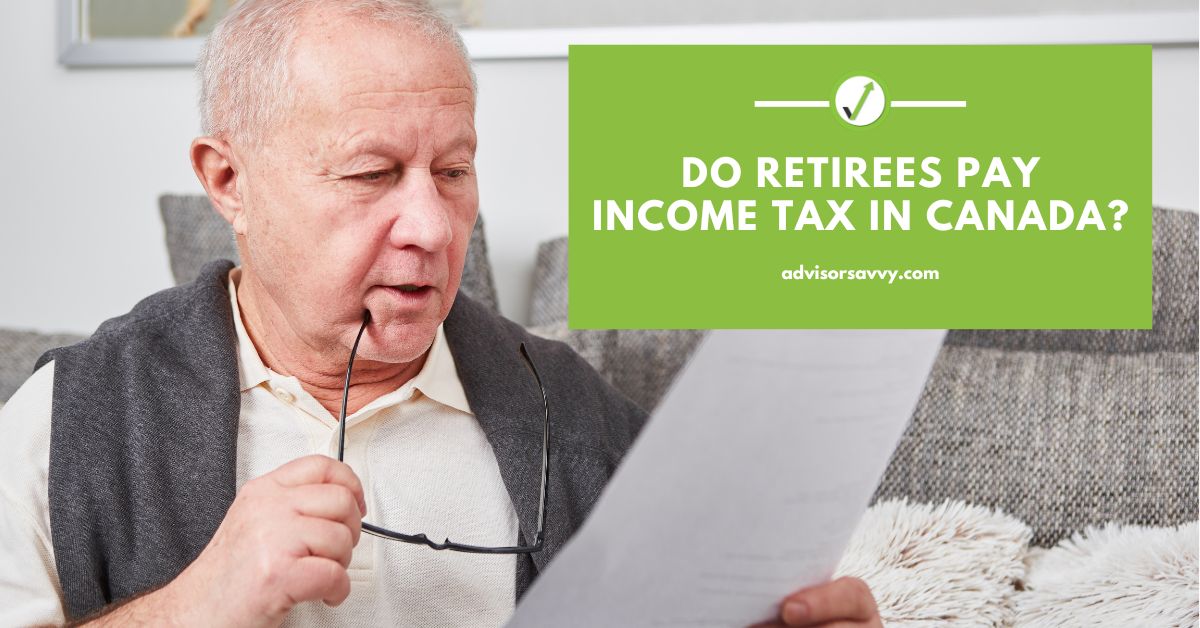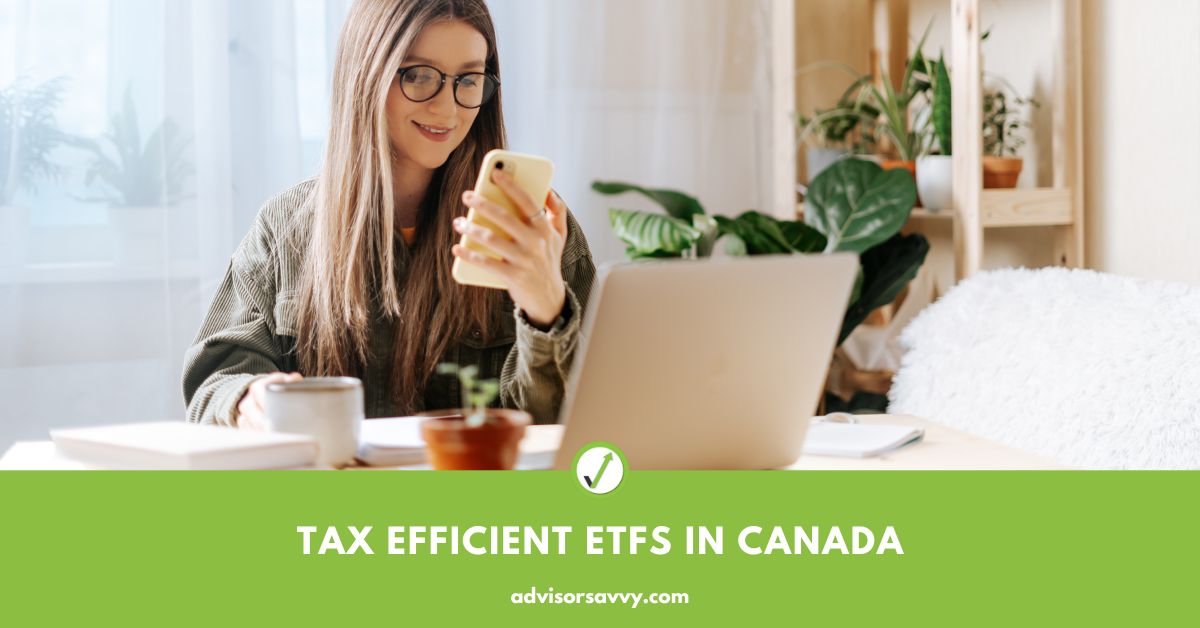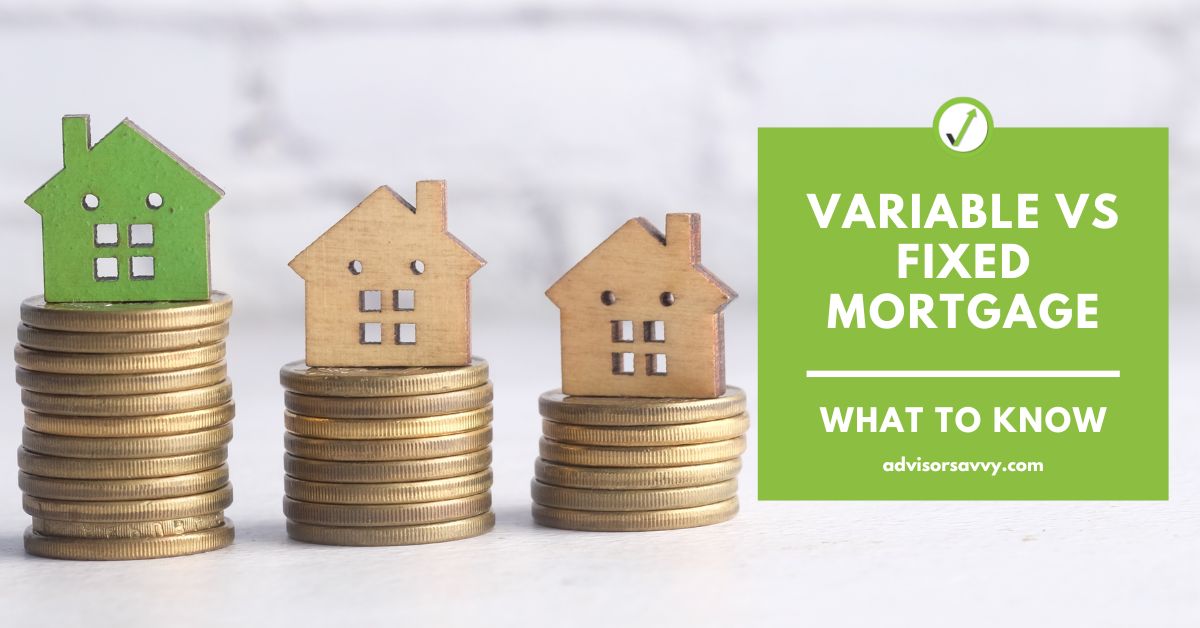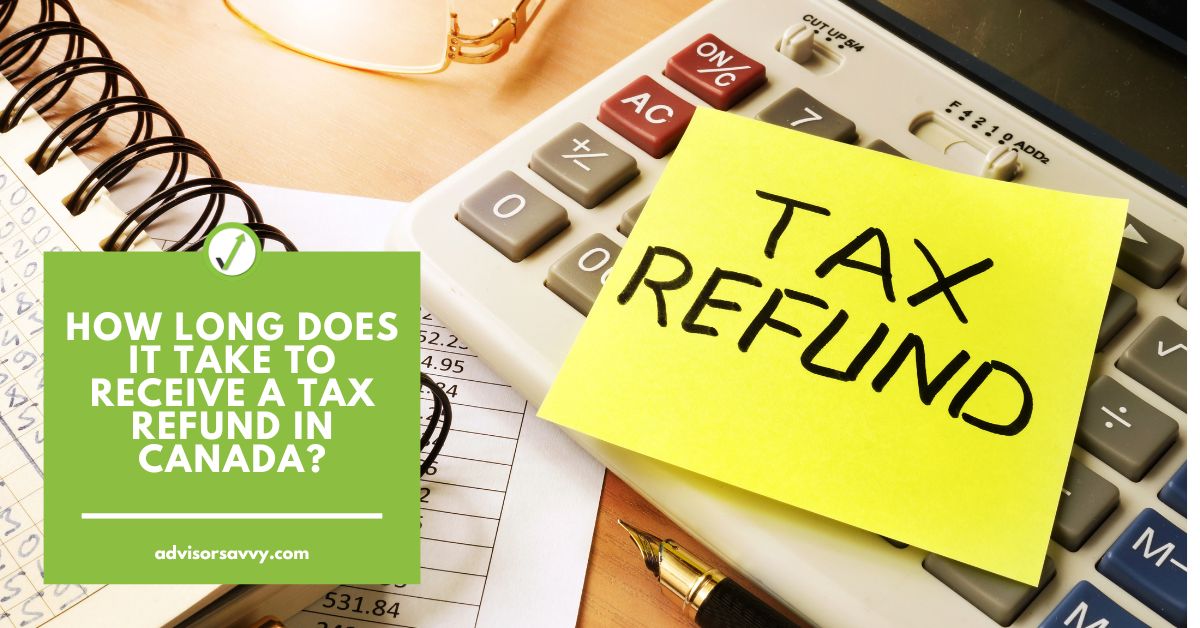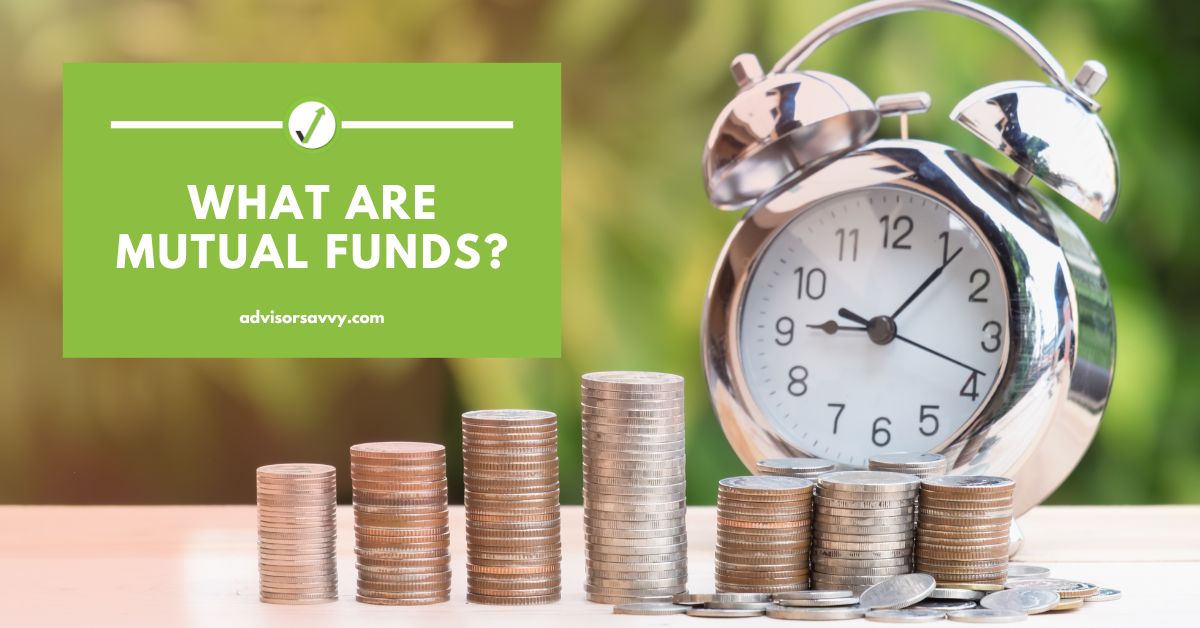How much does a pet cost?
Having a pet in your home can be a wonderful experience. Dogs can keep you active with regular walks and cats can be a great companion for the couch while you watch TV. Or, maybe you want a more exotic pet for your home, like a snake or parrot. Although pets are not free – it is an added expense for your household. In this article, we’ll review how much does a pet cost in Canada so you can make an informed decision before adopting. While the benefits of having a pet can be great, you don’t want the animal to cause financial or lifestyle problems. In fact, this was a common issue in Canada after the pandemic. People could no longer support the animals they adopted during lock down, whether it was due to rising costs of living or returning to in-person work. According to CBC, there was a spike in people surrendering their pets to animal shelters in
Continue reading


